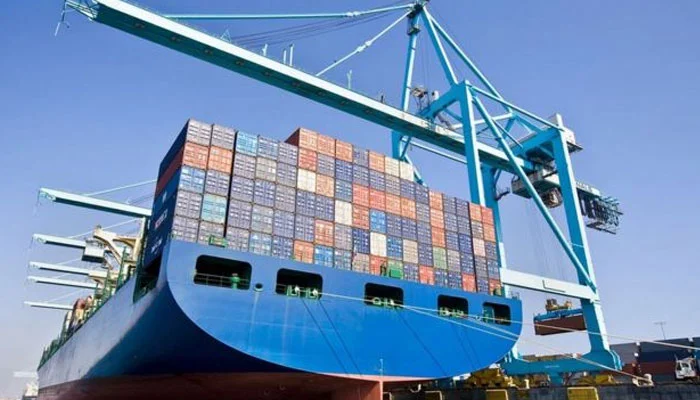
Experts seek auto sector revamp
Dr. Aadil Nakhoda, Assistant Professor & Research Fellow (CBER) at IBA, Karachi, suggests that boosting exports will involve promoting SME involvement, which includes addressing bureaucratic obstacles, digitalizing trade procedures through further integration of PSW, reducing import tariffs to eliminate anti-export bias, and ensuring that currency movements align with expectations. Dr. Nakhoda adds that these measures will reduce the risk of engaging in cross-border trade.

Single Window Interoperability: where innovation meets economic diplomacy
For the uninitiated, a National Single Window(NSW) system allows traders and other economic operators to submit information to multiple government agencies through a single entry point to fulfill all import, export, and transit requirements. The concept has been driven by the WTO’s Trade Facilitation Agreement, which came into force in February 2017.

TDAP, SBP Hold Session on ACU for Exporters
The Trade Development Authority of Pakistan (TDAP) in collaboration with the State Bank of Pakistan (SBP) organised an awareness session for the exporters on Thursday, aimed at facilitating their import payments and transactions through the Asian Clearing Union (ACU). The session, held at the TDAP headquarters in Karachi, was attended by more than 150 exporters from various sectors.

Export Competitiveness in Auto Sector
The automobile sector in Pakistan is facing the brunt of the current economic crisis. The balance of payments-related challenges, which have led to not only restrictions on imports but also an economic slowdown, have hurt sales of new automobiles in the country. According to recent statistics shared by Pakwheels.com, car sales in the first quarter of the current fiscal year plunged 44%, while bus sales dived 32%.

Enhancing Regional Trade Facilitation through National Single Window: Pakistan's Experience
PSW and the Central Asia Regional Economic Cooperation (CAREC) Institute jointly organized a webinar titled, “Enhancing Regional Trade Facilitation through National Single Window: Pakistan's Experience”. The webinar highlighted the best practices, challenges, governance models, techniques, and tools that come with National Single Window Systems to streamline trade regulatory processes. Participants also studied Pakistan's experience in implementing a single window.

Awareness Session on Cross-Border Trade Held
Pakistan Single Window and Hyderabad Chamber of Commerce and Industry (HCCI) jointly organized An awareness session regarding cross-border trade in Conference Hall of the Chamber here Sunday. Senior Vice President HCCI Najam ud Din Qureshi, while welcoming the participants, said that the HCCI was working as a bridge between the government and the business community as the prosperity of the industry, trade and exports was among our top priorities.

Sindh Excise Available to Serve at PSW
Pakistan Single Window (PSW) and the Sindh Excise, Taxation & Narcotics Control (ET&NC) Department have signed a Memorandum of Understanding (MoU) following the integration of the Sindh ET&NC Department with the PSW. Sindh ET&NC services such as collection of the Sindh Infrastructure Development Cess (SIDC), submission of applications/requests for SIDC exemption/waiver, recording of Bank Guarantees and their release thereof, can now all be availed through the PSW system.

PSW Automates Motor Vehicle Registration System
Pakistan Single Window (PSW) and the Sindh Excise, Taxation & Narcotics Control (ET&NC) Department have signed a Memorandum of Understanding (MOU) following the integration of the Sindh ET&NC Department with the PSW. Sindh ET&NC services such as collection of the Sindh Infrastructure Development Cess (SIDC), submission of applications/requests for SIDC exemption/waiver, recording of Bank Guarantees and their release thereof, can now all be availed through the PSW system.

A Digital System for Faster Clearance of Cargo Ships will be Introduced this Month
A modern automated digital system for faster clearance of cargo ships and saving time and cost of doing business in the country is being introduced this month. It will be blessed. The port community system will start functioning in September, under this system all the naval bases of the country and the various terminals established in them will start working under an automated digital system in the near future.

New ICT-based port community system to digitise Pak trade
A digital system is being launched this month to expedite fast-track clearance of cargo ships. This automated system would slash the cost of doing business and duration and allow Pakistan to integrate with any other national, regional and global single window systems related to cross-border trade.
